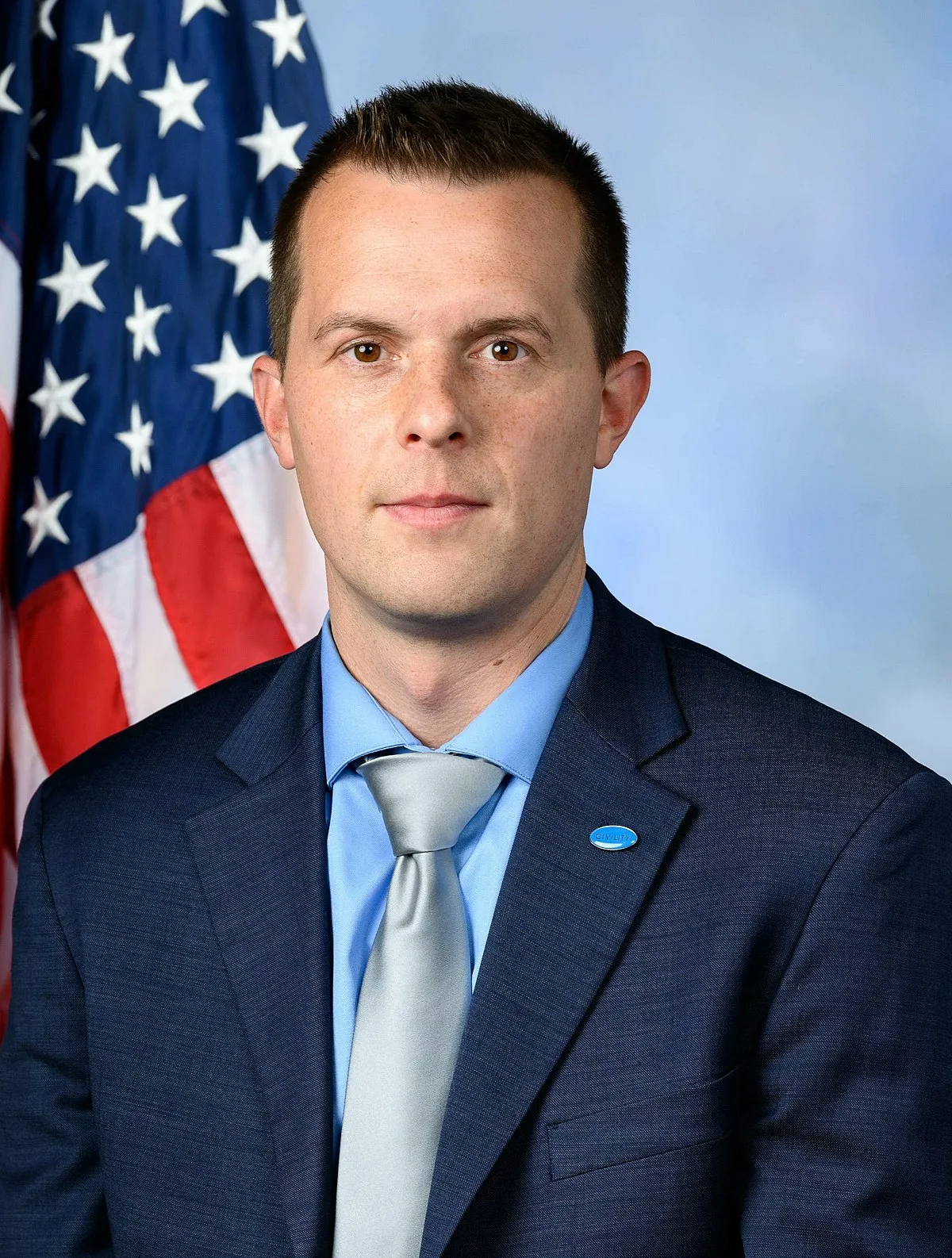Jared Golden’s Bold Message: Is the Democratic Party in Crisis?
In a striking assertion, Jared Golden, a Democratic Representative from Maine, has declared that the Democratic Party is “as weak as I’ve ever seen.” His comments come amid growing concerns about the party’s ability to maintain unity and effectively address the diverse concerns of its constituents. Golden’s moderate stance and willingness to break party lines have sparked significant discussions about the future of the Democratic Party, particularly as it faces challenges in swing districts and among a divided electorate.
Golden, who represents a district that previously supported Donald Trump, has managed to appeal to a broader range of voters. His recent decision to be the only Democrat to vote in favor of a GOP spending bill aimed at averting a government shutdown has raised eyebrows and highlighted the fractures within the party. This vote was seen as a significant blow to House Democratic leadership, which had called for a united front against the measure.
A Shift in Party Dynamics
Golden’s willingness to defy party leadership is indicative of a larger trend within the Democratic Party. Many members are grappling with how to maintain cohesion while also addressing the varied needs of their constituents. In his own words, Golden emphasized the necessity of making tough choices, reflecting a pragmatic approach that resonates with voters who prioritize effective governance over strict party loyalty.
His actions have ignited conversations about the party’s identity and strategy moving forward. “We need to adapt and connect with voters,” Golden stated, underscoring the importance of reaching out to swing districts to avoid further electoral losses. This sentiment echoes the frustrations of many Democrats who feel that the party is losing touch with the electorate.
Internal Divisions and Mixed Reactions
Golden’s reluctance to endorse Vice President Kamala Harris has also generated mixed reactions among Democrats. His position illustrates the internal divisions that exist within the party, as members grapple with differing ideologies and approaches to governance. Some view his stance as a necessary acknowledgment of the party’s challenges, while others see it as a potential threat to party unity.
In a recent interview, Golden criticized the messaging tactics of some Democratic leaders, particularly regarding claims of cuts to veterans’ services in the recent spending bill. He argued that such claims create unnecessary fear among constituents and detract from the party’s credibility. This criticism highlights the ongoing debate about how best to communicate with voters and address their concerns.
A Focus on Key Issues
Despite the challenges facing the Democratic Party, Golden remains focused on key issues that resonate with his constituents. His advocacy for campaign finance reform, healthcare, and support for veterans reflects a commitment to addressing the needs of the people he represents. However, these priorities raise questions about the party’s overall strategy and how it can effectively appeal to moderates and independents.
Golden’s actions may serve as a bellwether for the Democratic Party’s future direction. As he navigates the complexities of bipartisan efforts, his willingness to engage with Republicans may appeal to constituents frustrated with political gridlock. This approach could be crucial for the party as it seeks to regain ground in swing districts and among disillusioned voters.
The Road Ahead
As the Democratic Party continues to grapple with its identity and strategy, Golden’s comments and actions underscore the urgency of addressing internal divisions. The ongoing debate about how to connect with a diverse electorate is more critical than ever. With the 2024 elections on the horizon, party leaders must consider how to balance the interests of progressive and moderate factions to maintain unity and effectively advocate for their constituents.
In conclusion, Jared Golden’s bold message raises important questions about the state of the Democratic Party. His willingness to break party lines and prioritize effective governance over strict loyalty reflects a pragmatic approach that may resonate with voters. As the party navigates its challenges, it must adapt and connect with constituents to avoid further electoral losses. The future of the Democratic Party may very well depend on its ability to unite and address the diverse concerns of its electorate.






Leave a Comment